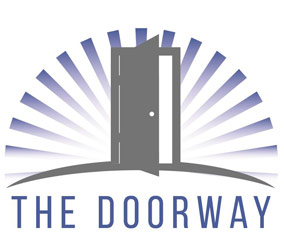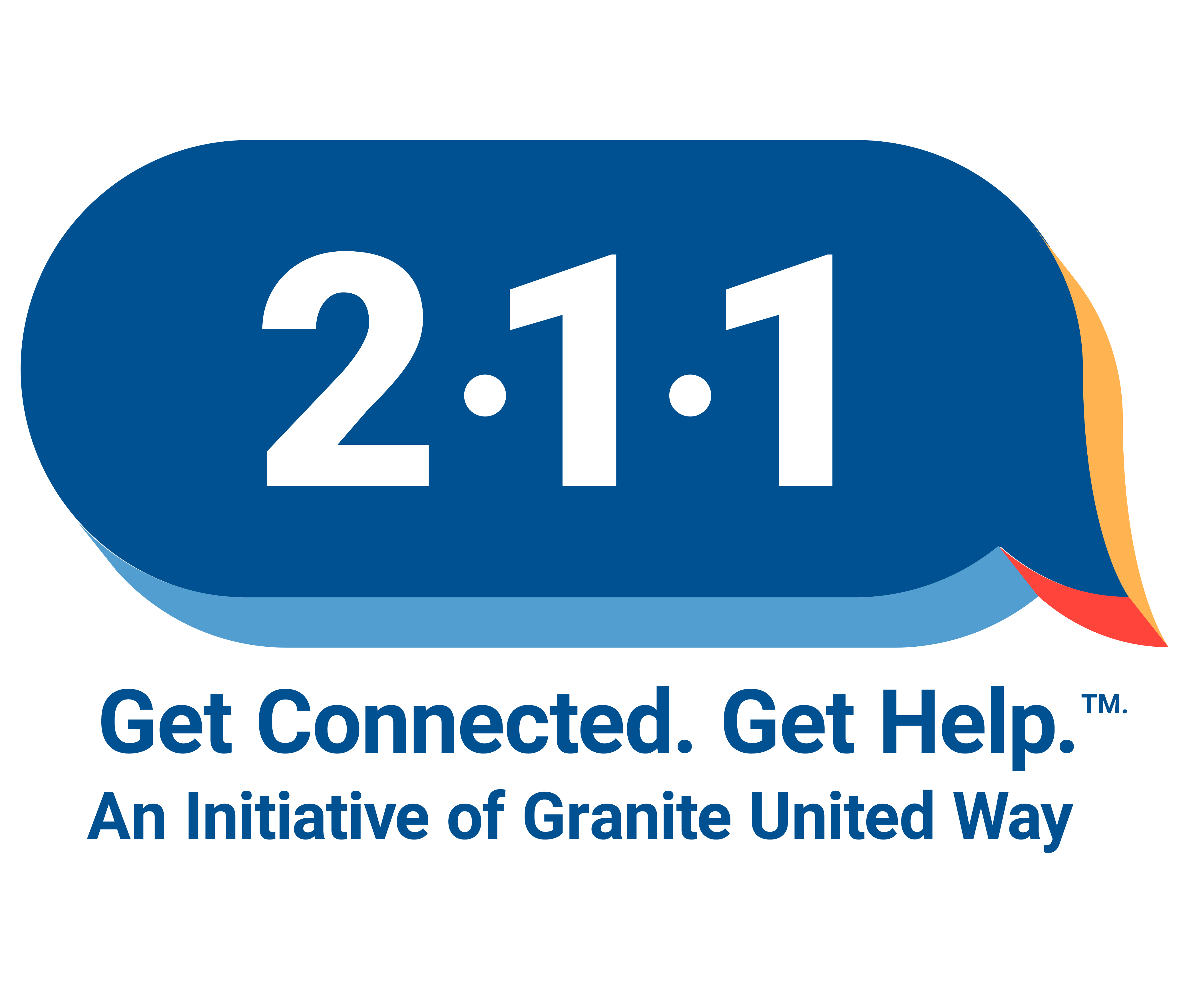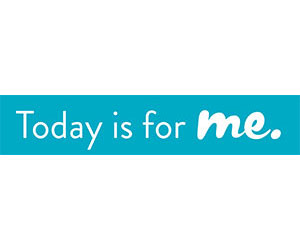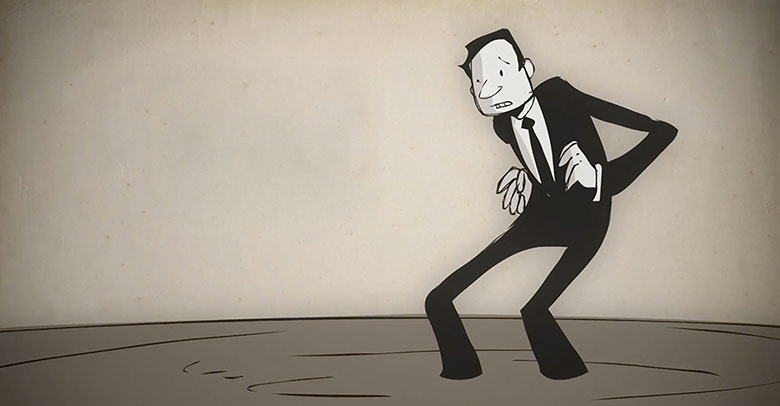What is binge drinking?
You and your friends might describe it as:
- Drinking to get drunk.
- Drinking one drink after the other.
- You might recognize other terms for binge drinking like: getting hammered, plastered, out of control, wasted, or shit-faced.

Why is binging risky?
For most people, when they started drinking heavily, they did not think it would become a problem. Maybe you’ve thought,, “I have control over this. It’s voluntary.” But over time, the more frequently and the greater quantity you drink increases your risk of developing an alcohol use disorder.
What is Alcohol Use Disorder (AUD)?
Alcohol Use Disorder, or AUD, shows up as an impaired ability to stop drinking or control the amount of alcohol you drink, despite negative impacts on your health, social life, or work. It is now understood as a brain disorder, and can be mild, moderate, or severe. Binge drinking, over time, puts you at higher risk for AUD. Learn more about symptoms of AUD and treatment options here.

What makes me at risk?
- Have had an alcohol use disorder or now have symptoms (more info).
- Have a physical or mental condition that is caused or worsened by drinking.
- Are taking a medication that interacts with alcohol.
- Have a family history of alcohol problems.
- Have had drinking-related injuries.
- Have symptoms such as sleep disorders and sexual dysfunction.
If none of the conditions above apply to you, then talk with your doctor to determine whether you should cut down or quit based on factors such as:
- You tried cutting down but cannot stay within the limits you set.
- You are or may become pregnant.
- Your age.

You are not alone. You are never far from help. The Doorway connects you to help and services in NH for substance use.
2-1-1 NH is the connection for NH residents to the most up to date resources they need from specially trained Information and Referral Specialists.
Why does binge drinking matter if you don’t “have a problem”? The animated series from the addiction policy forum aims to expand our understanding about addiction and how it happens and replace the myths and misinformation that keep substance use disorders (SUDs) from being treated like any other medical condition.
How addiction changes brain function.
Episode II: Whirlpools of Risk
Risk factors for developing a substance use disorder (SUD).
Episode III: Understanding Severity
Why addiction treatment can’t be “one-size-fits-all.”
Episode IV: Don’t Wait for ‘Rock Bottom’
Why engaging in treatment as early as possible is so important.







